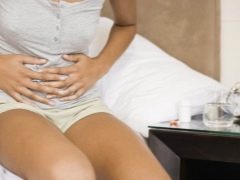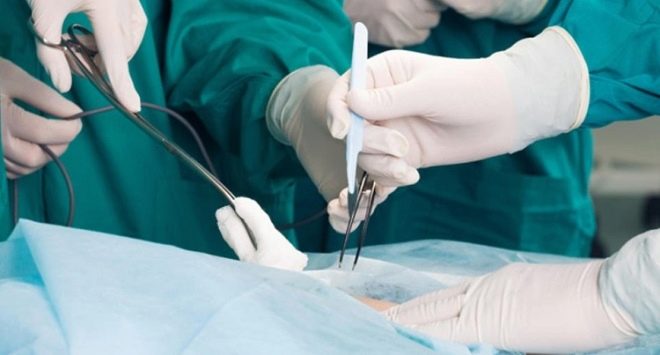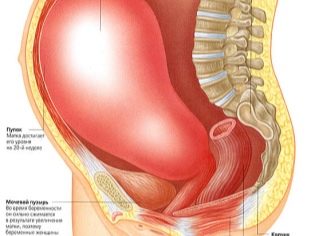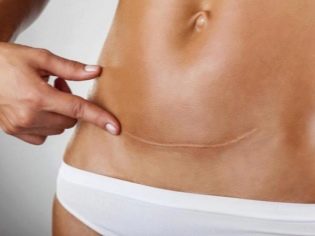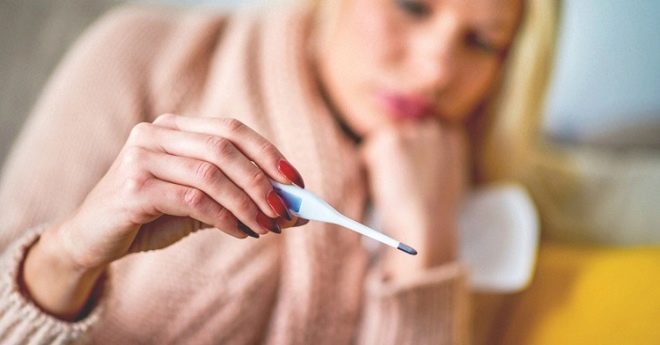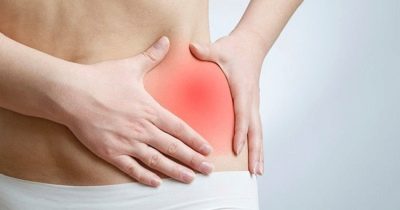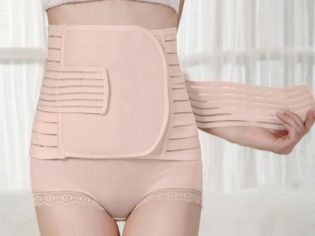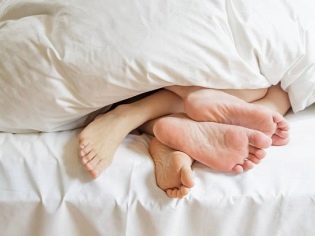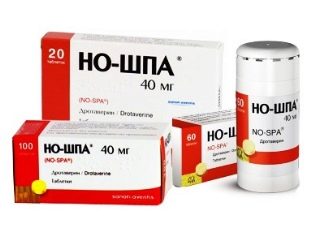How long does the stomach hurt after a cesarean section?
Abdominal pain after cesarean section can have a variety of reasons, so it’s quite difficult to answer the question how long the stomach will hurt for a long time. The main causes of pain and the approximate timing of its removal - in our article.
Where does the pain come from?
The main reason why the stomach hurts after surgery is the contraction of the uterus. During pregnancy, she grew 500 times and even a little more, and therefore her tissues have undergone significant changes. During the operation, the doctor removes the baby from the reproductive organ and the placenta, which has already managed to tightly expand the network of blood vessels to the uterine tissue.
In the process, the vessels are broken. This causes bleeding after surgical labor. The size of the uterus after the operation is not so different from those that were in the last weeks of pregnancy. It is stretched, but now there is no fruit in it. The uterus is to be involuted to its former size. This process takes place continuously and continuously, especially intensively - in the first 3-4 days after the operation.
Stretched muscle fibers contracted contracted, it causes pain, which is very similar to pain during menstruation. Pain and discharge from the genital organs after injections of contraction drugs are intensified (oxytocin is administered to the woman after surgery at the maternity hospital). The uterus can contract up to 6–8 weeks, every day the pain will be less and less and less.
Lactating women note that sometimes discomfort in the very lower abdomen and lower back, along with postpartum excretion enhancements, is observed even at the time of feeding the baby's breasts. So acts on the smooth muscles of the uterus natural oxytocin, which is produced in the body of a nursing mother when nipple is stimulated.
The second cause of pain is discomfort in the area of the external scar. When dissecting the anterior abdominal wall, not only the skin and muscles were damaged, but also the blood vessels and nerve endings. The pains are moderately pulling or tingling, they get worse during movement. As the formation of a strong scar pain will decrease. The external suture usually hurts for 20–30 days. After a month, if there are no complications, the scar becomes less dense, less painfulbegins to lighten. Above the pain suture may be present for a little over a month: a completely natural skin roller is formed there. As muscle tone recovers, it can be removed.
Pathological situations
In practice, not all natural postoperative processes proceed without complications. Surgical intervention itself creates serious prerequisites for the development of certain complications, and therefore there are situations in which abdominal pain will be a signal of danger.
Since only pronounced pain in the early postoperative period and moderate irregular pain in the rehabilitation period up to 6–8 weeks from the moment of birth of the baby are considered normal, all pains that continue after this period should be a reason for immediate treatment to the doctor.
The causes that cause pain can be very different. Acute pain in the lower abdomen due to increased temperature, the appearance of abnormal discharge from the genital organs, and discharge from the rumen on the stomach may indicate an infectious process. Most often, this complication occurs in the first days after surgery or within 1-2 weeks.
Pain in the rumen, even after removal of the suture material, may indicate possible infection, adhesions, hernia formation, and seam divergence.
If the left side or the right side hurts, problems with kidneys and urinary system are not excluded. The fact is that surgery is a significant blow to the state of immune defense. The occurrence of acute or exacerbation of a chronic disease is not excluded. Quite often, it also increases the temperature, changes the amount and consistency, color and smell of urine, there are pains when urinating.
Acute abdominal pains at any time after surgical delivery is a reason for seeking emergency medical care.. Dull, aching, prolonged and generally tolerable pains can be both the norm until a certain time, and pathologies.
How to promote recovery?
A woman cannot influence either the contractions of the uterus or the pain in the area of the suture. But she can behave properly to prevent complications at any stage of the recovery period. Then abdominal pain will be short.
- The earlier a woman rises to her feet after surgery, the better. Optimally, start walking 10 hours after the operation, sit 8 hours later.
- It is useful to wear a postpartum bandage and sleep on the stomach, and from the very first days after surgery. So the uterus will shrink faster, which will lead to an earlier disappearance of pain.
- Excess physical activity is contraindicated, but a constant lying position does not contribute to the restoration of the uterus and abdominal muscles.
- After the operation, it is absolutely contraindicated to endure the urge to urinate and defecate, the bladder and intestines should not be filled, and all foods that cause increased gas generation and subsequent swelling should be excluded from the diet.
- Intimate relationships are contraindicated within 2 months after cesarean section. A woman is also not recommended to engage in self-satisfaction. A rush of blood to the uterus can provoke bleeding, sexual arousal and the associated muscle tension of the uterus will be a negative factor for the formation of a full-fledged scar on the uterus.
- A woman can not lift weights. The optimal maximum weight is no more than 4 kilograms. Wearing heavier items can cause abdominal pain.
- In order for the uterus to contract more quickly, it is necessary to put the baby to the breast more often.
Painkillers
Different women experience pain in different ways: some are persistent and patient, while others can easily get even quite painful feelings out of themselves. If pain after surgery is difficult to tolerate, and the doctor does not see any pathological causes, do not hesitate to ask the doctor to prescribe an anesthetic.
Most women, even during breastfeeding, are allowed to drink the No-shpy pill.if the stomach has ache perceptibly. The drug does not harm the baby, but at the same time, rather quickly relieve cramps and eliminate unpleasant sensations.
The remaining painkillers must be coordinated with the gynecologist and pediatrician so that the baby who eats breast milk does not suffer.
For information on how recovery takes place after an operation, see the next video.
